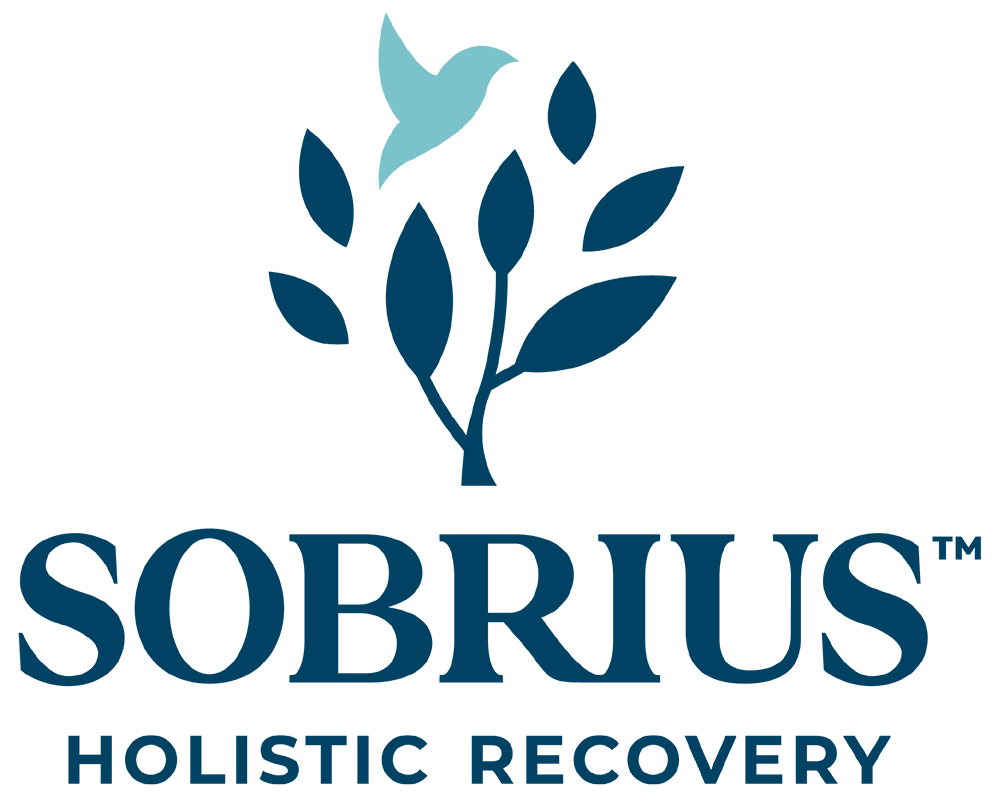When a loved one struggles with mental health challenges, it’s heartbreaking to see them turn to alcohol in search of relief. For people battling anxiety, depression, or other emotional distress, alcohol might seem like an easy way to “take the edge off.” Can alcohol help mental health? The reality is far more complicated, and understanding the relationship between alcohol and emotional well-being is important. For many people, alcohol rehab and alcohol detox in VA are necessary in order to regain control of their lives.
The Illusion of Relief
It’s true that alcohol can provide temporary relief from emotional pain. This is because of its sedative effects, which can dull the intensity of feelings like stress or sadness. For someone caught in the grip of anxiety or depression, this numbing effect may feel like a lifeline. However, what often goes unnoticed is the price that comes with it.
Alcohol impairs the communication pathways in your brain, disrupting normal functions like mood regulation. What starts as a “solution” often turns into a vicious cycle. Many people find that once the initial effects of drinking wear off, their emotional pain not only returns but does so with greater intensity. The temporary numbness masks the problem without addressing its root cause. Over time, the brain’s natural ability to manage stress and emotions becomes weaker, leading to more severe mental health symptoms.
The Negative Effects of Alcohol on Brain Chemistry
Scientific research has repeatedly shown that alcohol negatively impacts brain chemistry, especially for those with pre-existing mental health conditions. A study published by the National Institute on Alcohol Abuse and Alcoholism highlights how alcohol affects neurotransmitters like serotonin and dopamine, which are critical for mood regulation. While drinking may initially lead to a brief spike in feel-good chemicals, the overall outcome is a depletion of these resources. This leads to worsening symptoms of depression, increased anxiety, and even heightened aggression in some cases.
Additionally, chronic alcohol use physically alters the brain over time. The constant suppression of emotional responses can result in the atrophy of certain brain regions, such as the prefrontal cortex, which is responsible for decision-making and emotional control. If you’ve been asking yourself, “Are there any positive effects of drinking alcohol?” it’s important to weigh these short-term soothing effects against the long-term damage they can inflict.
Why Self-Medicating with Alcohol Is Risky
Self-medicating with alcohol to manage mental health conditions like anxiety or depression is inherently risky. For one, alcohol dependency can escalate rapidly, especially when someone starts to rely on it as their primary coping mechanism. This dependency makes it harder for the brain to function normally without alcohol, leading to cravings and withdrawal symptoms that only compound emotional struggles.
Another risk is the way alcohol impairs judgment. Someone who self-medicates with alcohol may engage in dangerous behaviors, such as driving while intoxicated, while also neglecting healthier coping strategies. Furthermore, alcohol use can mask the severity of a mental health condition, delaying diagnosis and treatment. Many people struggling with depression, for instance, may not recognize their behavior as part of a broader pattern until the condition has severely progressed.
For families worried about the wellbeing of a loved one, these patterns can be alarming and hard to break. But what’s clear is that turning to alcohol ultimately places an emotional and physical strain on both the individual and their support network.
Addressing the Root Causes of Alcohol Use
If you have noticed someone close to you self-medicating with alcohol, it’s natural to wonder, “Can alcohol help mental health?” Based on overwhelming evidence, the answer is no. Alcohol only serves as a temporary bandage over a deep wound. To truly address the core issue, professional treatment is necessary.
Sobrius specializes in helping people uncover the root causes of their alcohol use and equip them with tools to build a healthier future. Our evidence-based programs, such as cognitive-behavioral therapy (CBT) and relapse prevention therapy, focus on treating both the addiction and any underlying mental health conditions. This integrated approach means that clients receive tailored care based on their unique needs.
Sobrius also recognizes the power of community and support. Group therapy programs enable clients to share their experiences in a safe, judgment-free environment, fostering connection and understanding. While alcohol may seem to provide fleeting comfort, sobriety offers a path to clarity, emotional balance, and sustainable wellness.
Get Help Today From Sobrius
For those wondering, “Does alcohol improve mental health?” or “Are there any positive effects of drinking alcohol?” the answer lies in perspective. While alcohol may seem like a shortcut to momentary solace, it leaves behind deeper, more lasting consequences. Rather than healing, it compounds and complicates mental health challenges.
If your loved one is caught in the cycle of alcohol addiction, it’s essential to encourage them to seek professional help. Sobrius in Galax, VA, is here to provide the guidance and support they need for lasting recovery. Call us at 888.596.6514 or use our online contact form. Together, we can help your loved one rediscover hope, clarity, and a healthy, fulfilling life.

